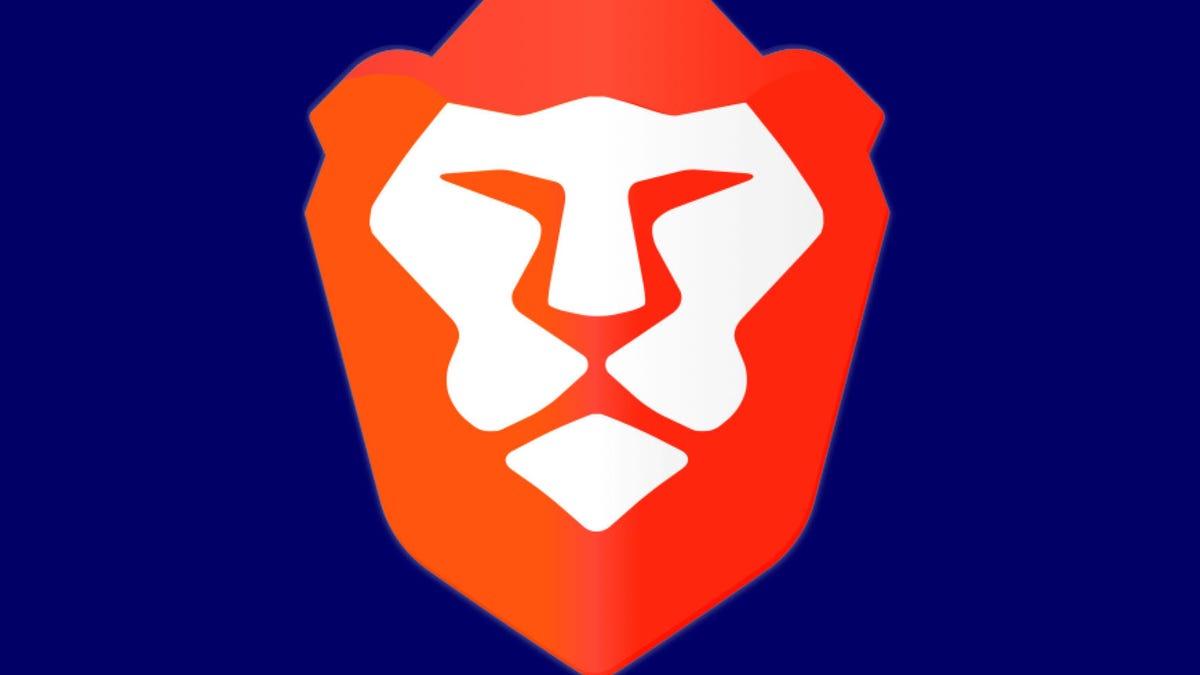Ad-blocking Brave browser signs deal with Dow Jones Media Group
The publisher of Barron's and a subsidiary of Dow Jones shows itself willing to experiment with the startup's technology for changing online advertising.

Maybe newspapers don't hate the ad-blocking Brave browser after all, judging by a partnership the startup announced Wednesday with publisher Dow Jones Media Group.
Two years ago, newspapers including The New York Times, Washington Post and Wall Street Journal -- the latter published by Dow Jones Media Group parent company Dow Jones -- called Brave's ad blocking "illegal." Now, though, Dow Jones Media Group is offering a limited number of people who download Brave two years of free access to its Barrons.com website or to a premium MarketWatch newsletter.
"As global digital publishers, we believe it is important to continually explore new and emerging technologies that can be used to build quality customer experiences," said Daniel Bernard, a senior vice president at Barron's, in a statement.
It's a limited but interesting change for an online industry struggling with problems with online advertising . Our disgruntlement with ads -- how they slow down and by clutter web pages, use up phone batteries and network data, and infringe our privacy -- has led millions of us to install ad-blocking software. The scandal over Facebook and Cambridge Analytica has only deepened distrust of services that stay free to us by sharing our personal details with advertisers.
Some publishers, perhaps seeing Brave as just another ad blocker, gave Brave a frosty reception in the company's early days, Chief Executive Brendan Eich said. But that's changed.
"Our discussions have become much better over the years," Eich said. Dow Jones Media Group isn't the only one on board, he added. "We'll have other big publishers we're announcing as partners."
Brave, now used by 2 million people monthly on laptops and smartphones , by default blocks ads as well as software that tracks your online behavior so ads can be more personally targeted toward you. But the company's eventual plan always has always been to deliver ads, too -- in a more privacy-sensitive way than what's typical today.
The Basic Attention Token, developed by browser maker Brave Software, uses blockchain to oversee online ad payments that can flow among advertisers, publishers and anyone using its browser.
That system will mean ad revenue for publishers eventually. But Brave already allows a cryptocurrency-like payment system it developed called the Basic Attention Token. BAT is a blockchain-based token that serves as a way advertisers can pay publishers, but Brave also plans to take a portion of the proceeds and share another portion with anyone using Brave.
Brave's advertising system isn't up and running yet, but publishers can get a bit of revenue already with the system. That's because you can fund BAT payments to websites with BAT you buy yourself or get through a Brave BAT giveaway.
Brave by default distributes BAT payments monthly, giving more of your payment to sites where you spend more time. Publishers, YouTubers and Twitch video game streamers can sign up to receive BAT payments for free.
Under the partnership announced Wednesday, Dow Jones Media Group said it will become a verified publisher and plans to test "delivering content via Brave's blockchain-based digital advertising and services platform." Dow Jones Media Group is arguably better protected against difficulties with online advertising by the fact that it charges subscribers for access.
First published April 18, 8:42 a.m. PT
Correction, 10:25 a.m.: This story originally misstated the publisher involved in the deal. Brave's partnership is with Dow Jones Media Group, a subsidiary of Dow Jones.
Update, 12:17 p.m.: Adds comments from Brave CEO.
Cambridge Analytica: Everything you need to know about Facebook's data mining scandal.
Blockchain Decoded: CNET looks at the tech powering bitcoin -- and soon, too, a myriad of services that will change your life.

